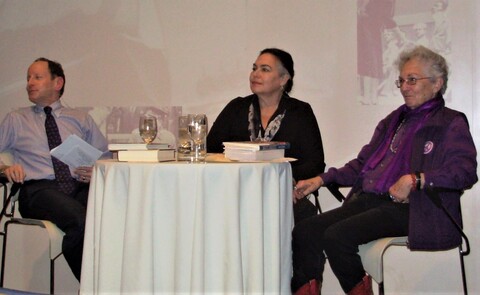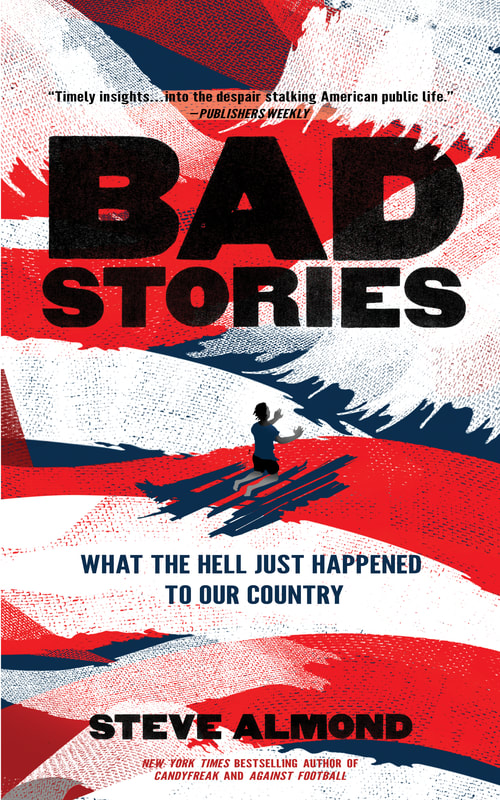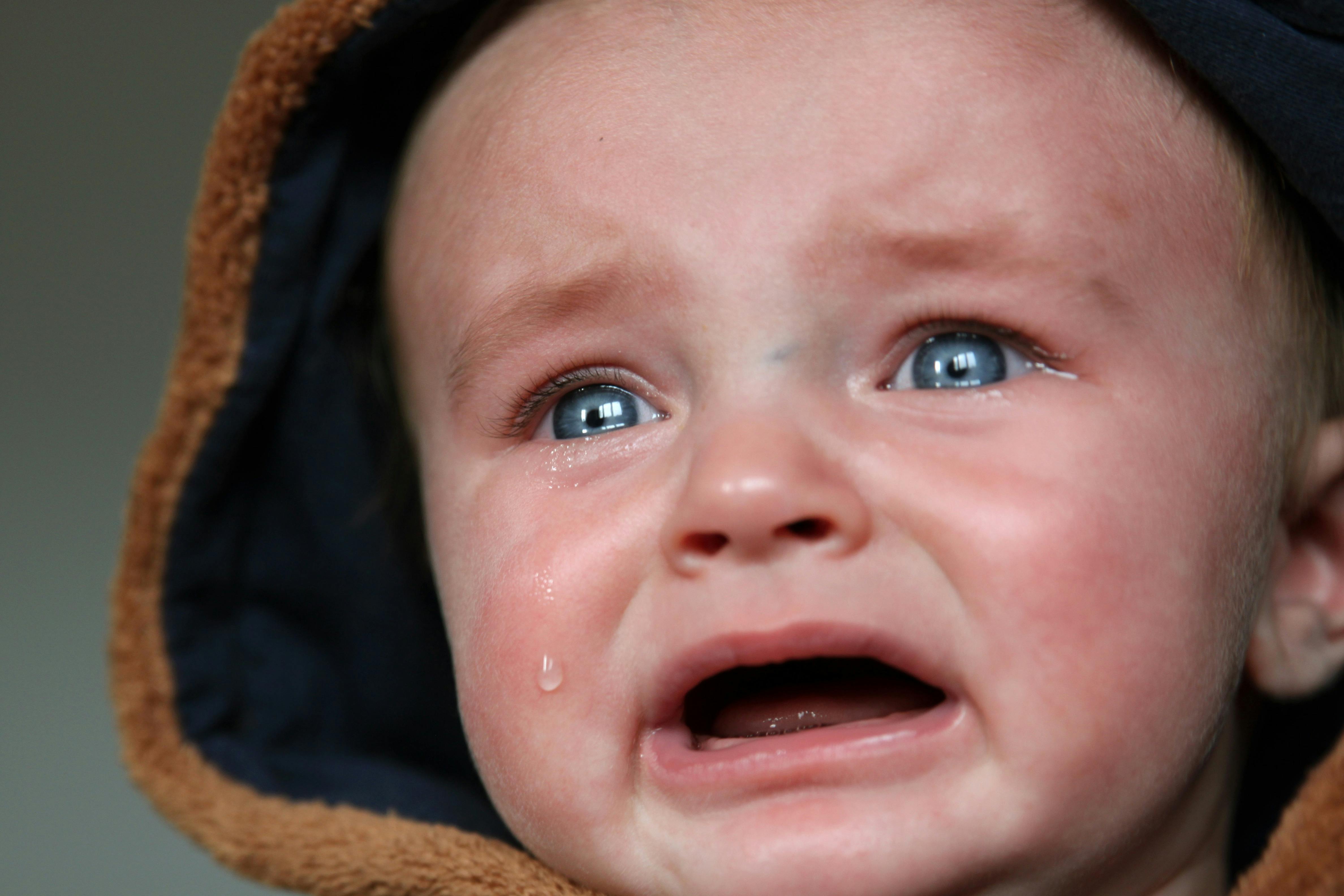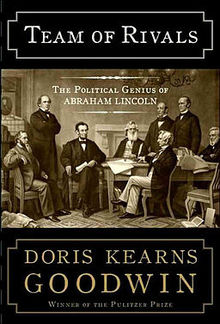I used to work as managing editor of a magazine whose theme was spirituality. Despite its subject, it was news and research-based at its core. Readers liked this, but often we would get pitches from New Age writers who couldn't understand the importance of science, verification, and credentials. It was my job to gently explain that although I understood that people had powerful personal experiences, for us to publish a "fact" story, the writer and/or material had to have had some kind of vetting.
I cannot imagine a better writer than Dawn Baumann Brunke for material that might otherwise fall into the "woo-woo" category for many readers. She is not only a deep dreamer with apparently 20/20 vision for details that she remembers, but she is a skeptical analyst of all things and a researcher who understands that history matters—that everything, including dream images, has history that informs meaning. And it helps that she is also an elegant writer who knows how to tell a story.
Who better to write about one of the most potent and controversial animals—snake? Snake is worshipped and loathed. It is embedded in our stories and architecture and reflected in our DNA. There is even a named phobia (ophidiophobia) because fear of snakes is common among our species.
This generously illustrated book is so full—from history, art, myth, and science, to personal stories of owning and feeding snakes, to understanding why our feelings about the iconic snake (in body and in image) are indicative of the sharp divides in today's culture, how these divides came to be, and what we might do to accept the synthesis of opposites offered by one of the most ancient symbols of healing, protection, and oneness. Read More





 James Comey is a very good writer, storyteller, and teacher, so on a literary level (except for one odd plot order choice—the highly dramatic John Ashcroft hospital showdown between Comey and Bush representatives—which I suspect has to do with the need to insert a ton of detailed background information), this book works.
James Comey is a very good writer, storyteller, and teacher, so on a literary level (except for one odd plot order choice—the highly dramatic John Ashcroft hospital showdown between Comey and Bush representatives—which I suspect has to do with the need to insert a ton of detailed background information), this book works.
 This book is staggeringly good. I was familiar with Steve Almond from his short stories, but this is straight journalism at its best (which he teaches at Harvard). (It is clear from Almond's thought processes and messages to students, presented in this volume, that he is a great teacher and seasoned journalist.)
This book is staggeringly good. I was familiar with Steve Almond from his short stories, but this is straight journalism at its best (which he teaches at Harvard). (It is clear from Almond's thought processes and messages to students, presented in this volume, that he is a great teacher and seasoned journalist.) Timing is important. There is a time for rage and a time for laughter, and right now rage reigns—as it should. After centuries of suppression, critical mass has been reached, the #MeToo movement has exploded, and male bodies are flying. Time magazine has put it on its cover. It's about time!
Timing is important. There is a time for rage and a time for laughter, and right now rage reigns—as it should. After centuries of suppression, critical mass has been reached, the #MeToo movement has exploded, and male bodies are flying. Time magazine has put it on its cover. It's about time! It's not complicated: "No" means no. "No, I don't want to do that." "No, stop that." "No, I don't think that is funny."
It's not complicated: "No" means no. "No, I don't want to do that." "No, stop that." "No, I don't think that is funny." What really happened? What always happens: Politics, like life, is not fair. Nobody tells the whole truth. Everybody thinks they're right and excoriates everybody who doesn't agree with them. And the best we can do with this mess is try to listen to everybody with an open mind, make the best choices we can—knowing that none of them are perfect, and when we are in peril, choose whatever compromise most assures life.
What really happened? What always happens: Politics, like life, is not fair. Nobody tells the whole truth. Everybody thinks they're right and excoriates everybody who doesn't agree with them. And the best we can do with this mess is try to listen to everybody with an open mind, make the best choices we can—knowing that none of them are perfect, and when we are in peril, choose whatever compromise most assures life. I've been waiting for this book—the words of highly trained mental health professionals who are brave enough to risk backlash from their own associations by putting the safety of all people ahead of their rules to say nothing about individuals they have not treated. In a meticulously written foreword, one of the authors makes the case that "duty to warn" people whose well-being is in danger trumps the "Goldwater Rule" about silence. (There is an entire section of chapters on the ethics of speaking out—far too much to reduce into a review byte.) We are all in danger from this individual we have installed in the highest office in the land, and I consider the 27 authors of this step-by-step analysis of Trump's severe psychological impairments to be whistle blowers.
I've been waiting for this book—the words of highly trained mental health professionals who are brave enough to risk backlash from their own associations by putting the safety of all people ahead of their rules to say nothing about individuals they have not treated. In a meticulously written foreword, one of the authors makes the case that "duty to warn" people whose well-being is in danger trumps the "Goldwater Rule" about silence. (There is an entire section of chapters on the ethics of speaking out—far too much to reduce into a review byte.) We are all in danger from this individual we have installed in the highest office in the land, and I consider the 27 authors of this step-by-step analysis of Trump's severe psychological impairments to be whistle blowers.  When the chaos gets to be too much, I find it helpful to pull way out to bird's eye view and look at the big movements. Here is what I've observed:
When the chaos gets to be too much, I find it helpful to pull way out to bird's eye view and look at the big movements. Here is what I've observed:  This is a wonderful nuanced book that resonates mightily with and informs what is going on today. Read it if you want to understand any kind of historical basis for what is now happening in the U.S. Read it if you love the minutia of history—every conversation ever recorded during the Lincoln period, every permutation and convolution of the Civil War, the complex emotional motivations behind the factions (a lot of people fought more for preservation of the union than out of any conviction about slavery)—or if you feel as if you need to learn U.S. history. This book has garnered enormous public attention as well as an award-winning movie based on it, so I am not going to write more commentary on what is in it. Instead, here are some opinions about the very important content that is missing.
This is a wonderful nuanced book that resonates mightily with and informs what is going on today. Read it if you want to understand any kind of historical basis for what is now happening in the U.S. Read it if you love the minutia of history—every conversation ever recorded during the Lincoln period, every permutation and convolution of the Civil War, the complex emotional motivations behind the factions (a lot of people fought more for preservation of the union than out of any conviction about slavery)—or if you feel as if you need to learn U.S. history. This book has garnered enormous public attention as well as an award-winning movie based on it, so I am not going to write more commentary on what is in it. Instead, here are some opinions about the very important content that is missing.